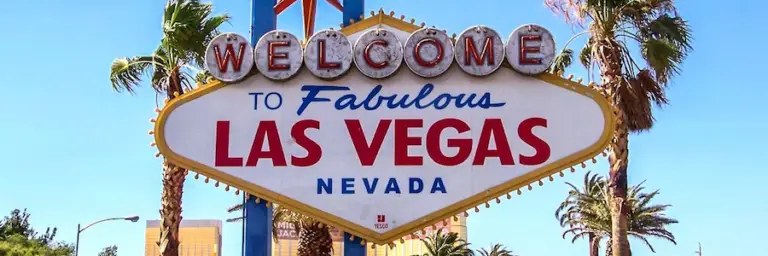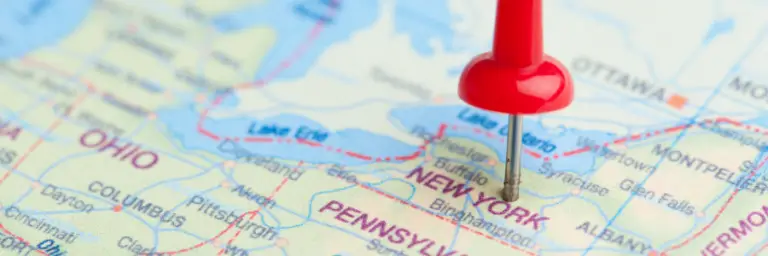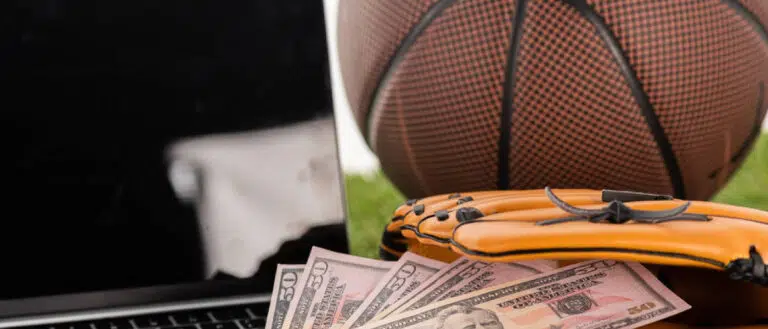Why PokerStars Removed Play Money Games In Washington State

Casual poker players in Washington State woke up to a rude surprise earlier this month when they found out PokerStars has disabled all play-money games for users based in Washington. The basis for this decision and the court case that led to it serves as a reminder that the expansion of online poker and sports betting will not always be a smooth ride in the USA.
More concerning is the impact this ruling could have on social gaming apps in other states. Washington State’s gaming laws have always been a little hardline, but its definition of “gambling” is similar to the definition in other states. The Ninth Circuit’s ruling may make life difficult for gaming platforms across the country.
Ninth Circuit Case History
PokerStars made the decision to suspend free-play games for Washington players in response to a Ninth Circuit appeals court ruling that found an unrelated social games provider in violation of state gambling laws for its use of virtual casino chips.
The court case that led to PokerStars’ decision dates back to 2015 and involves a Washington woman who spent more than $1,000 on play-money chips on social gambling app Big Fish Casino. She later initiated a class action lawsuit against Churchill Downs Incorporated (which owns and operates Big Fish Casino) under the Recovery of Money Lost at Gambling Act.
Washington’s Recovery of Money Lost at Gambling Act allows people who lose money to an illegal gambling operation to sue to recover that money. Although Big Fish Casino does not offer real money gambling, the lawsuit contended it is an illegal gambling operation under Washington gambling law.
State law as “staking or risking something of value upon the outcome of a contest of chance or a future contingent event not under the person’s control or influence, upon an agreement or understanding that the person or someone else will receive something of value in the event of a certain outcome.”
The woman who initiated the lawsuit argued that the chips did constitute something of value because they could be used to extend playtime and could even be exchanged for money on a secondary market.
In 2015, the US District Court for the Western District of Washington dismissed the lawsuit on the grounds that Big Fish Casino clearly stated in its terms and conditions that virtual chips had no value and could not be redeemed for cash or merchandise.
Ninth Circuit Steps In
The Ninth Circuit court of appeals stepped in and reversed the lower court’s ruling in March. According to the Ninth Circuit, Big Fish Casino’s play-money chips do actually represent “something of value” because they can be traded on a secondary market and because players must buy more virtual chips when they run out of the original free chips they are given.
Ninth Circuit Judge Milan Smith wrote in :
“In this appeal, we consider whether the virtual game platform ‘Big Fish Casino’ constitutes I illegal gambling under Washington law. Defendant-Appellee Churchill Downs, the game’s owner and operator, has made millions of dollars off of Big Fish Casino. However, despite collecting millions in revenue, Churchill Downs, like Captain Renault in Casablanca, purports to be shocked – shocked! – to find that Big Fish Casino could constitute illegal gambling. We are not. We therefore reverse the district court and hold that because Big Fish Casino’s virtual chips are a ‘thing of value,’ Big Fish Casino constitutes illegal gambling under Washington law.”
Ruling May Not Be as Crazy as It Sounds
At first glance, the Ninth Circuit’s ruling appears outrageous and even a little arrogant (see above), but a reading of the full decision reveals the Ninth Court’s decision may not be all that crazy after all. Washington State’s gambling laws and the Big Fish Casino business model also share some of the blame.
The most questionable basis for the court’s decision to define Big Fish Casino’s chips as a “thing of value” is their use in extending playtime at the casino. Players are given chips to begin with for free and additional chips can be won by completing various tasks. At no point are players required to pay money to continue playing. This part of the ruling is difficult to accept, but that’s not the sole justification for the decision.
Where I believe Big Fish Casino really went wrong and where the Ninth Circuit decision has merit is in how the casino dealt with the secondary market. Big Fish Casino itself did not offer players money for their chips, but it also did nothing to stop the secondary market. In fact, Big Fish Casino appears to have facilitated the secondary market and even profited off it.
The decision explains that Big Fish Casino users had the ability to transfer chips between one another. This allowed users to sell their casino chips on a secondary black market, and then transfer those chips to the buyer on the casino’s platform. As the decision notes, “Churchill Downs profits from such transfers because it charges a transaction fee, priced in virtual gold, for all transfers.”
This is very similar to how Valve supports the buying and selling of skins in Counter-Strike, which itself was a part of back in 2016 related to gambling. The only real difference is Valve embraces the real-world value of its in-game items. Big Fish Casino ultimately found itself in the awkward position of attempting to convince a court that its in-game items have zero real world value despite people choosing to buy and sell those items (virtual casino chips in this case) for real money.
The Ninth Circuit has a reputation for controversy, but this particular decision isn’t as bad as it seems once you dig into the case a bit. Washington’s gambling laws make it clear that risking anything of value on an uncertain outcome is gambling, and if people were willing to trade those virtual casino chips for real money on secondary markets, it seems pretty clear that those play-money chips meet the definition of something with value.
It’s still annoying that a free social casino and PokerStars’ free money poker games are going to be shut down, but the blame resides more with the legislators who wrote Washington’s broad gaming laws and Big Fish Casino’s business model than anyone else.
Even the Washington Gambling Commission seems to be washing its hands of the ruling. In a statement posted to Twitter, the Commission went out of its way to point out that it had nothing to do with shutting down PokerStars or Big Fish Casino:
It should also be noted that this Ninth Circuit decision is . The Ninth Circuit has simply overturned the Western District court’s dismissal. All the Ninth Circuit ruling does is allow the lawsuit to proceed. It does not mean the lawsuit will actually be successful.
Why is PokerStars Shutting Down Play Money Poker Tables?
PokerStars is shutting down its play money poker tables in Washington because its play-money business model is quite similar to Big Fish Casino’s. Like Big Fish Casino, PokerStars gives new players free chips to start. PokerStars also allows customers to top-up their play money accounts with up 12,500 PokerStars play money poker chips every four hours.
Also like Big Fish Casino, PokerStars offers an option for customers to purchase more play-money chips. If you’re playing on PokerStars and want to reload more frequently or would like to have a huge virtual bankroll, you can purchase packages of play-money chips for real money through the PokerStars interface.
A secondary market to buy and sell play money chips also began to develop around PokerStars in previous years, but the company has since disabled person-to-person transfers in order to prevent people from selling their chips to one another.
It would not be surprising to see PokerStars reopen the play money poker tables in Washington after making some changes to the way it does business. However, that may be a stretch because PokerStars is also moving conservatively in the United States as it hopes to become a player in the legal market as additional states legalize online gambling. That’s not to mention PokerStars’ existing operations in New Jersey.
PokerStars already has a complicated history in the United States and is wise to avoid any further legal controversies. With its eye on the legal real-money gambling market in the USA, keeping its play-money tables open in Washington State probably isn’t PokerStars’ top priority at the moment.







